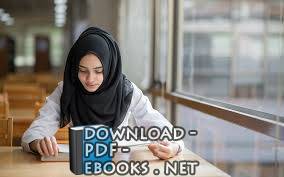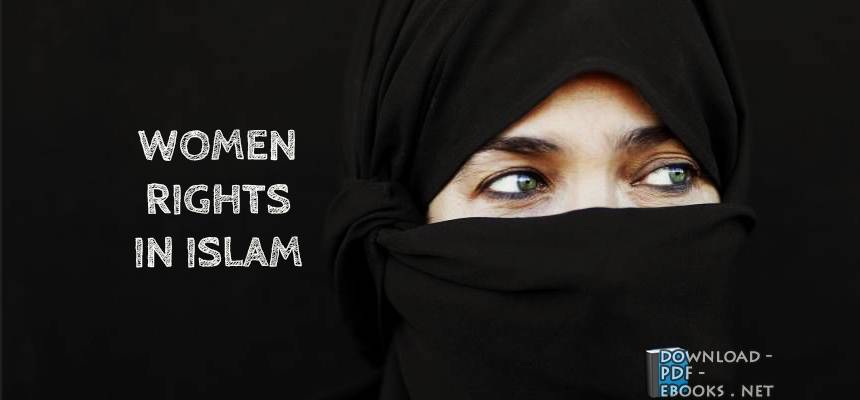كتاب muslim women and political rule: an analysis of the texts
AMSS 38th ANNUAL CONFERENCE “Islamic Traditions and Comparative Modernitites” Cosponsored by: The University of Virginia, Charlottesville, VA September 25-26, 2009 FINAL PAPER “The Political Role of Muslim Women: Between Traditional Texts and Changing Realities” By: Noor Mohammad Osmani, Ph.D (International Islamic University Malaysia [IIUM], Kuala Lumpur, Malaysia) Abu Umar Faruq Ahmad, Ph.D (Sule College, Sydney, Australia) Muhammad Yousuf Ali, Ph.D (International Islamic University Malaysia [IIUM], Kuala Lumpur, Malaysia) Abstract Muslim scholars are in general agreement that women are not entitled to hold the topmost public office of a nation. Is it due to Qur’anic texts and Prophetic traditions (ahadith) that women are barred from key positions or is it largely due to socio-cultural and economic settings of a country? The Qur’an urges women to stay quietly at home and not to make dazzling public displays like that of the pre-Islamic period of Jahilyia [ignorance] (33:33). It also asserts that men are the protectors and maintainers of women (4:34). The only Prophetic tradition in this regard is that the Prophet is reported to have said, “No nation will ever prosper if a woman is assigned to its highest public office.” (Bukhari, no. 4073, 6570). On the other hand, since the Qur’an acclaims the Queen of Sheba for her just rule, such prominent scholars as Imam Abu Hanifah, Tabari and Ibn Hazm support that women could hold the topmost judicial position. Ibn Hazm also asserts that there is no theoretical prohibition for women to carry out the mission of Prophethood. Naturally, if they could be Prophets, they would also be the leaders, for the Prophets are the leaders. This research aims to explore this issue and examine it objectively by primarily analyzing Qur’anic ayats, Prophetic traditions, the heritage of Islamic Caliphs and the verdicts of Muslim jurists. The paper will critically evaluate the validity of the quoted hadith, and examine its circumstances in order to understand how and why the Prophet would have said such a hadith. This analysis is crucial to address present day realities, as a significant number of Muslim women have successfully led their nations toward prosperity by holding topmost offices. Finally, this presentation hopes to shed light on what the real political status of Muslim women should be today in light of the Qur’an, traditional texts and sound realities?-
من المرأة المسلمة في القرآن والسنة - مكتبة كتب إسلامية.

قراءة كتاب muslim women and political rule: an analysis of the texts أونلاين
معلومات عن كتاب muslim women and political rule: an analysis of the texts:
“Islamic Traditions and Comparative Modernitites”
Cosponsored by:
The University of Virginia, Charlottesville, VA
September 25-26, 2009
FINAL PAPER
“The Political Role of Muslim Women: Between
Traditional Texts and Changing Realities”
By: Noor Mohammad Osmani, Ph.D
(International Islamic University Malaysia [IIUM], Kuala Lumpur, Malaysia)
Abu Umar Faruq Ahmad, Ph.D
(Sule College, Sydney, Australia)
Muhammad Yousuf Ali, Ph.D
(International Islamic University Malaysia [IIUM], Kuala Lumpur, Malaysia)
Abstract
Muslim scholars are in general agreement that women are not entitled to hold the topmost public office of a nation. Is it due to Qur’anic texts and Prophetic traditions (ahadith) that women are barred from key positions or is it largely due to socio-cultural and economic settings of a country? The Qur’an urges women to stay quietly at home and not to make dazzling public displays like that of the pre-Islamic period of Jahilyia [ignorance] (33:33). It also asserts that men are the protectors and maintainers of women (4:34). The only Prophetic tradition in this regard is that the Prophet is reported to have said, “No nation will ever prosper if a woman is assigned to its highest public office.” (Bukhari, no. 4073, 6570). On the other hand, since the Qur’an acclaims the Queen of Sheba for her just rule, such prominent scholars as Imam Abu Hanifah, Tabari and Ibn Hazm support that women could hold the topmost judicial position. Ibn Hazm also asserts that there is no theoretical prohibition for women to carry out the mission of Prophethood. Naturally, if they could be Prophets, they would also be the leaders, for the Prophets are the leaders. This research aims to explore this issue and examine it objectively by primarily analyzing Qur’anic ayats, Prophetic traditions, the heritage of Islamic Caliphs and the verdicts of Muslim jurists. The paper will critically evaluate the validity of the quoted hadith, and examine its circumstances in order to understand how and why the Prophet would have said such a hadith. This analysis is crucial to address present day realities, as a significant number of Muslim women have successfully led their nations toward prosperity by holding topmost offices. Finally, this presentation hopes to shed light on what the real political status of Muslim women should be today in light of the Qur’an, traditional texts and sound realities?
عدد مرات التحميل : 4814 مرّة / مرات.
تم اضافته في : الثلاثاء , 19 يونيو 2018م.
حجم الكتاب عند التحميل : 401.6 كيلوبايت .
تعليقات ومناقشات حول الكتاب:
يتحدث عن المرأة التي هي نصف المجتمع البشري، والتي ظلمت عبر حقب طويلة من تاريخ الإنسانية، فجاء الإسلام الذي هو منهج الله في الأرض، فكرمها وأعطاها الحقوق التي تليق بإنسانيتها ، كما أنه كلفها بواجبات منوطة بها تؤكد من خلالها رسالتها في الحياة التي خصها الله بها
قال تعالي :
﴿ إِنَّ الْمُسْلِمِينَ وَالْمُسْلِمَاتِ وَالْمُؤْمِنِينَ وَالْمُؤْمِنَاتِ وَالْقَانِتِينَ وَالْقَانِتَاتِ وَالصَّادِقِينَ وَالصَّادِقَاتِ وَالصَّابِرِينَ وَالصَّابِرَاتِ وَالْخَاشِعِينَ وَالْخَاشِعَاتِ وَالْمُتَصَدِّقِينَ وَالْمُتَصَدِّقَاتِ وَالصَّائِمِينَ وَالصَّائِمَاتِ وَالْحَافِظِينَ فُرُوجَهُمْ وَالْحَافِظَاتِ وَالذَّاكِرِينَ اللَّهَ كَثِيراً وَالذَّاكِرَاتِ أَعَدَّ اللَّهُ لَهُمْ مَغْفِرَةً وَأَجْراً عَظِيماً (35)﴾
[سورة الأحزاب]
جاء في القرآن الكريم والسنة النبوية آيات وأحاديث تدل على صفات المرأة المسلمة
قال تعالى :{ واذكروا في الكتاب مريم إذ انتبذت من أهلها مكانا شرقيا( 16 ) فاتخذت من دونهم حجابا فأرسلنا لها بشراً سويا( 17 ) قالت إني أعوذ بالرحمن منك إن كنت تقيا( 18 ) قالت أنى يكون لي غلام ولم يمسسني بشر ولم أكن بغيا( 20 ) قال كذلك قال ربك هو علي هين ولنجعله آية للناس ورحمة منا وكان أمرا مقضيا( 21 ) فحملته فانتبذت به مكانا قصيا( 22 ) سورة مريم.
In Islam there is absolutely no difference between men and women as far as their relationship to Allah is concerned, as both are promised the same reward for good conduct and the same punishment for evil conduct. The Quran says:
"And for women are rights over men similar to those of men over women." [Noble Quran 2:228]
The Quran, in addressing the believers, often uses the expression, 'believing men and women' to emphasize the equality of men and women in regard to their respective duties, rights, virtues and merits. It says:
"For Muslim men and women, for believing men and women, for devout men and women, for true men and women, for men and women who are patient and constant, for men and women who humble themselves, for men and women who give in charity, for men and women who fast, for men and women who guard their chastity, and for men and women who engage much in Allah's praise, for them has Allah prepared forgiveness and great reward." [Noble Quran 33:35]
This clearly contradicts the assertion of the Christian Fathers that women do not possess souls and that they will exist as sexless beings in the next life. The Quran says that women have souls in exactly the same way as men and will enter Paradise if they do good:
"Enter into Paradise, you and your wives, with delight." [Noble Quran 43:70]
"Who so does that which is right, and believes, whether male or female, him or her will We quicken to happy life." [Noble Quran 16:97]

AMSS 38th ANNUAL CONFERENCE
“Islamic Traditions and Comparative Modernitites”
Cosponsored by:
The University of Virginia, Charlottesville, VA
September 25-26, 2009
FINAL PAPER
“The Political Role of Muslim Women: Between
Traditional Texts and Changing Realities”
By: Noor Mohammad Osmani, Ph.D
(International Islamic University Malaysia [IIUM], Kuala Lumpur, Malaysia)
Abu Umar Faruq Ahmad, Ph.D
(Sule College, Sydney, Australia)
Muhammad Yousuf Ali, Ph.D
(International Islamic University Malaysia [IIUM], Kuala Lumpur, Malaysia)
Abstract
Muslim scholars are in general agreement that women are not entitled to hold the topmost public office of a nation. Is it due to Qur’anic texts and Prophetic traditions (ahadith) that women are barred from key positions or is it largely due to socio-cultural and economic settings of a country? The Qur’an urges women to stay quietly at home and not to make dazzling public displays like that of the pre-Islamic period of Jahilyia [ignorance] (33:33). It also asserts that men are the protectors and maintainers of women (4:34). The only Prophetic tradition in this regard is that the Prophet is reported to have said, “No nation will ever prosper if a woman is assigned to its highest public office.” (Bukhari, no. 4073, 6570). On the other hand, since the Qur’an acclaims the Queen of Sheba for her just rule, such prominent scholars as Imam Abu Hanifah, Tabari and Ibn Hazm support that women could hold the topmost judicial position. Ibn Hazm also asserts that there is no theoretical prohibition for women to carry out the mission of Prophethood. Naturally, if they could be Prophets, they would also be the leaders, for the Prophets are the leaders. This research aims to explore this issue and examine it objectively by primarily analyzing Qur’anic ayats, Prophetic traditions, the heritage of Islamic Caliphs and the verdicts of Muslim jurists. The paper will critically evaluate the validity of the quoted hadith, and examine its circumstances in order to understand how and why the Prophet would have said such a hadith. This analysis is crucial to address present day realities, as a significant number of Muslim women have successfully led their nations toward prosperity by holding topmost offices. Finally, this presentation hopes to shed light on what the real political status of Muslim women should be today in light of the Qur’an, traditional texts and sound realities?
1 |
 مهلاً !
مهلاً !قبل تحميل الكتاب .. يجب ان يتوفر لديكم برنامج تشغيل وقراءة ملفات pdf
يمكن تحميلة من هنا 'تحميل البرنامج'

نوع الكتاب : pdf.
اذا اعجبك الكتاب فضلاً اضغط على أعجبني و يمكنك تحميله من هنا:


كتب اخرى في المرأة المسلمة في القرآن والسنة
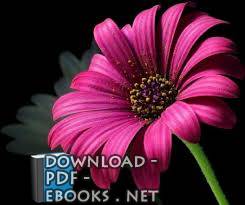
أثر الإنحراف الفكري على المرأة المسلمة PDF
قراءة و تحميل كتاب أثر الإنحراف الفكري على المرأة المسلمة PDF مجانا

أثر الثقافة الوافدة على العلاقة الزوجية في المجتمع المسلم وسبل مواجهتها PDF
قراءة و تحميل كتاب أثر الثقافة الوافدة على العلاقة الزوجية في المجتمع المسلم وسبل مواجهتها PDF مجانا
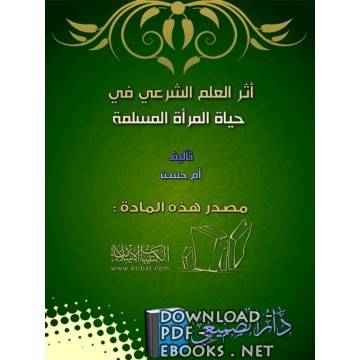
أثر العلم الشرعي في حياة المرأة المسلمة PDF
قراءة و تحميل كتاب أثر العلم الشرعي في حياة المرأة المسلمة PDF مجانا
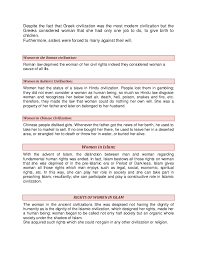
Woman in Islam and her role in human development - WHO . PDF
قراءة و تحميل كتاب Woman in Islam and her role in human development - WHO . PDF مجانا
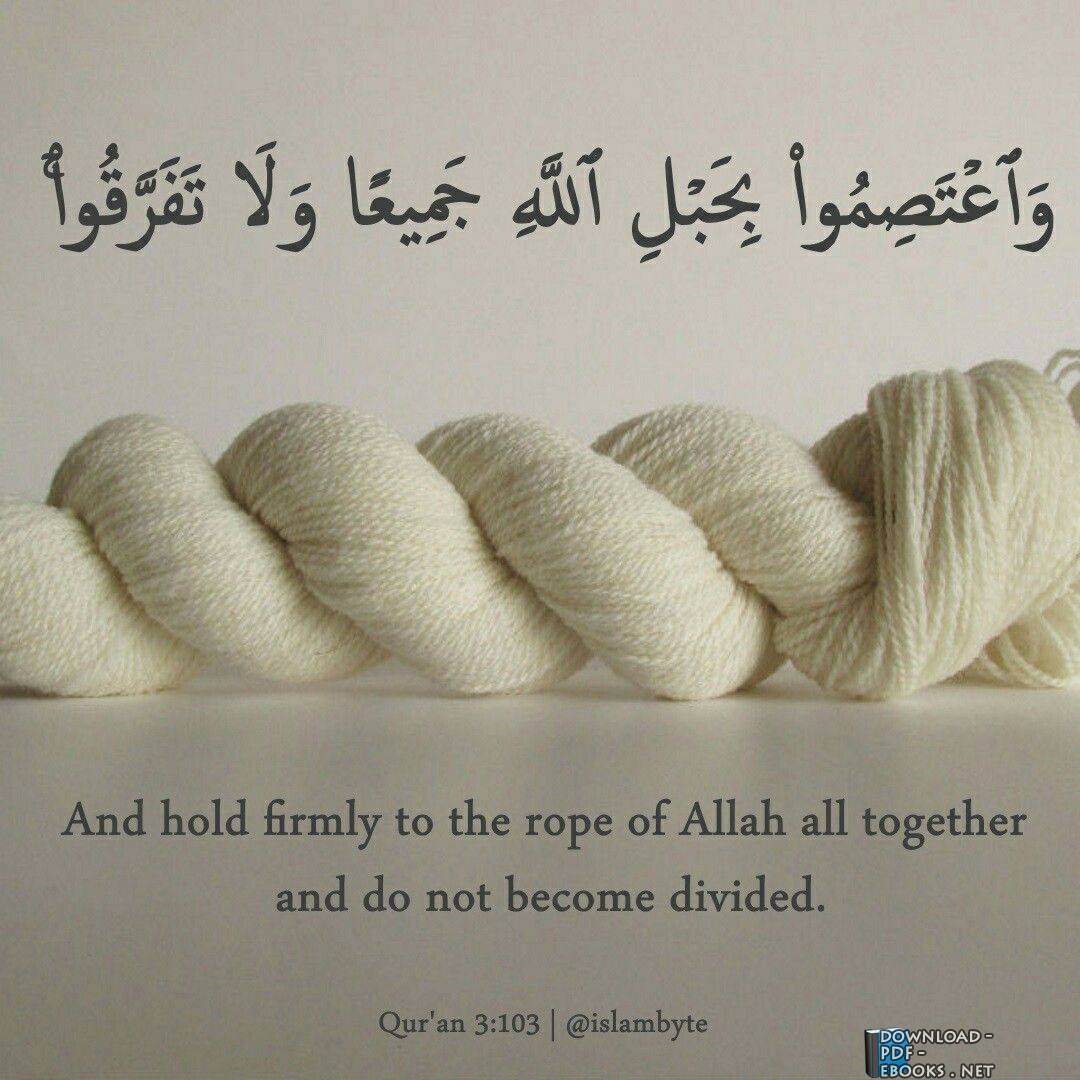
Why Muslim Women are Re-interpreting the Qur`an and Hadith PDF
قراءة و تحميل كتاب Why Muslim Women are Re-interpreting the Qur`an and Hadith PDF مجانا
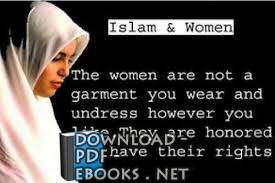
The Role of Muslim Women in an Islamic Society PDF
قراءة و تحميل كتاب The Role of Muslim Women in an Islamic Society PDF مجانا
